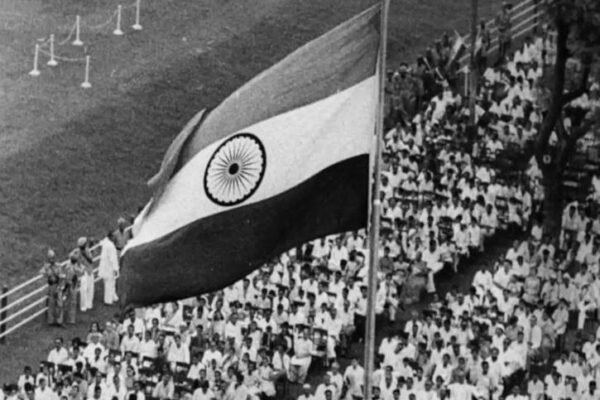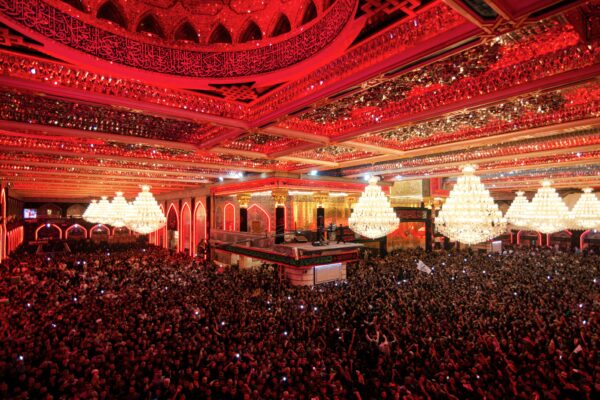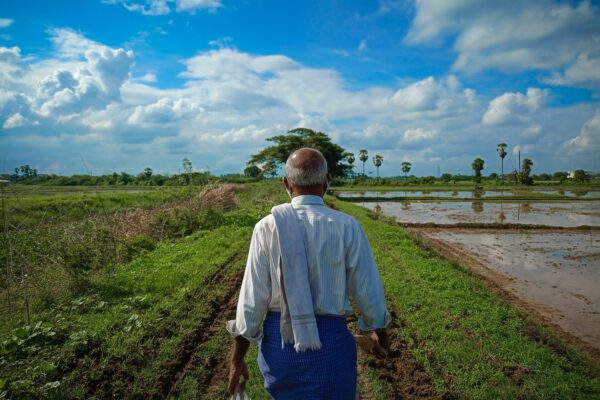“The right to practice our religion is guaranteed by the constitution. But it is being violated in Kashmir again and again.”
“The right to practice our religion is guaranteed by the constitution. But it is being violated in Kashmir again and again.”
Jama Masjid, the largest mosque in Kashmir’s city of Srinagar, has not had Friday prayers in over four months now – it has been 18 Fridays in a row where communal prayers have been banned. The India-administrated lockdown of Kashmir not only affected ordinary citizens, but places of religious worship as well, with security forces banning people from entering important mosques.
The lockdown of the region of Kashmir began on August 5th, when the Modi-led Indian government revoked Article 370, which had previously given the region of Kashmir relative autonomy since gaining independence from Britain in the late 1940s. Since revoking Article 370, Kashmir has been at the center of a heavy and brutal crackdown by Indian security forces, with citizens forced under house arrest, imprisoned in different jails across the country, tortured, and even killed. The internet and phone lines and connections have also been severely restricted, making communication almost impossible.
The Muslim-majority region of Kashmir has long been contested by both neighboring Pakistan and India, while many in Kashmir have called for either semi or full autonomy. And with the continued rejection of allowing the Kashmiris to openly practice their faith, India continues to anger many residents of this volatile region. Speaking to Al Jazeera, 26 year old resident Khalid Bashir Gura explained:
Each time the situation worsens, the largest mosque in a Muslim-majority place is placed under curbs for months together. The right to practice our religion is guaranteed by the constitution. But it is being violated in Kashmir again and again.”
The Jama Masjid, a 600 year old historic mosque in the center of Kashmir’s largest city of Srinagar, has been locked down with padlocks hanging from the main doors for over four months now. Indian paramilitary troops have also been deployed around the large square surrounding the mosque. The Bait-ul-Mukaram mosque in the Anantnag district of southern Kashmir, and the Dargah Hazratbal shrine where many believe a strand of the hair from the holy Prophet Mohammed is have both also been placed under the same restrictions as Srinagar’s mosque.
Additionally, the famous Sufi shrine of Charar-i-Sharief came under similar restrictions and security measures. Abid Nabi Baba, a resident of the area, spoke to Al Jazeera about the current situation:
I was allowed to proceed only after they ascertained I was heading home. My father tells me he had not seen such restrictions even in the 90s when militancy was at its peak.”
India, led by Modi’s leading Hindu-nationalist BJP government, consistently claims that the Kashmir situation is under control, and that the tactics being used in the region are necessary to control both the people and potential threats. Many human rights groups and activists have questioned these tactics, however, as reports of torture continue to come out of eyewitness accounts. More than 5,000 people have been arrested so far, many of them minors or children without proper legal representation.
As Kashmiris both inside and outside the region continue to suffer under a brutal Indian-administered crackdown, it remains to be seen for how long Modi can continue to act with impunity. As for now, Srinagar’s largest and most historic mosque continues to sit in silence every Friday, in what was once the bustling center of worship for thousands of Muslims.





